Ideas have consequences. And right now the ideas that are being taught are wreaking havoc on our society. In a previous post, I discussed five ideas that are damaging society. This post will take on the second idea: Moral relativism.
One of the most boring, yet most important parts of building a launch vehicle is writing the requirements document. When I was working on the Ares I vehicle at NASA, I worked to develop both the Upper Stage interface requirements as well as the vehicle level requirements. It was a very tedious job that wasn’t very glamorous. It is way more impressive to design an engine, write code, or do flight analysis. But without proper requirements, the design engineers have no idea what they are supposed to be designing.
In the interface requirements document, one system tells another system what they require in order to function. For example, the reaction control system could tell the Avionics team how much power they need in order to operate. The engine could tell the propulsion system the propellant flow rate required to operate. Those are the requirements each system needs from the other systems in order to function.
However, none of those requirements matter without the vehicle level requirements. Each system has to know and understand the overall purpose of the vehicle. The vehicle requirements give the “why” behind each of the system requirements. Why does the engine need that propellant flow rate? In order to get the vehicle to its required destination. Why does the reaction control system need that power level? Because it is trying to accomplish the vehicle mission. Where the vehicle is heading, how much weight it must carry, and trying to get to? How much weight is it carrying? Does it need to dock at the Space Station or land on the moon? All of those vehicle requirements would drastically change each system design.
Likewise, societies have developed their own “interface requirements,” or codes to govern human interactions, going all the way back to 1754 BC to ancient Mesopotamia and the Code of Hammurabi. These societal laws dictate what human behavior is acceptable and what behavior is unacceptable.
However, in this society, we have been taught this code of conduct, or morality, is up to the individual. We are taught right and wrong are not universal concepts, but change from person to person based on individual convictions. We hear things like, “That may be wrong for you, but not for me.” Or, “Well, I wouldn’t do that, but I wouldn’t tell anyone else not to.”
On top of that, we’ve been taught you can’t judge. In other words, even if you do think something is morally wrong, you’re not allowed to judge someone else as being morally wrong. This further compounds the idea that morality is subjective. You get to pick whatever you want as right and wrong and no one can challenge you on it.
Therefore, a vast majority of people would say we each get to pick our own morality and we’re not allowed to force that morality onto anyone else.
The idea of a judgment-free, morally relativistic society may seem like a glorious society. You can justify doing anything you want. The individual decides her own right and wrong. No one can tell him something is immoral. You get to truly “do you,” whatever that may be, without anyone interfering.
With that view of society, there are no objective moral truths. An objective moral truth would be where certain things are wrong at all times, regardless of how people feel about it. Without objective morals, all morals become subjective, which means right and wrong change from person to person.
If these teachings are going to determine how humans behave and how we treat one another, shouldn’t we make sure moral relativism is really valid? Are there really no objective moral truths?
See, we may think we want a society built on moral relativism to justify certain behaviors, but at the end of the day the existence – and the desire – for objective moral truth remains. When a man died while in police custody, we insisted that was objectively wrong. When people protest in the streets, they are saying racism is objectively wrong. When a 5-year old was executed while playing in his front yard, we cried out that it was objectively wrong. When we look back in our history at a time of slavery and “separate but equal,” we reject that as objectively wrong.
We see those things as objectively wrong because those things are wrong regardless of time, civilization, individual circumstances, or political opinions. Those things are wrong no matter how people feel about them.
Whenever these movements come up – whether it’s Black Lives Matter or Pro-Life rallies or LGBTQ Pride marches or whatever – it is because someone is trying to appeal to an objective moral standard. They are trying to make the case that this thing is objectively right or wrong at all times, regardless of how a person may feel about it.
But how?
When we say certain behaviors are unacceptable, we have to pause to consider: unacceptable based on what? Our own opinions? Or an objective, absolute standard?
If we can agree that certain atrocities are objectively wrong at all times, we are invoking a “vehicle level” requirement that tells us we ought to value life. We are saying this idea should be the basis for the interfacing requirements found governing human interactions within society. Our society’s “interface requirements” need some kind of top level “vehicle requirements” to give us an idea of what decent human behavior should be. From that standard, society can then determine what actions are allowable.
On a launch vehicle, those vehicle level requirements can not come from any of the individual systems being designed. Otherwise it would be biased to the system generating the requirement. Those vehicle level requirements must come from something above and outside of the individual systems.
Likewise, these objective moral standards cannot arise from within society or within the individual. It must come from something above and outside of this universe. There must be some Moral Law Giver that exists outside of this world who imparts to us this idea of objective rights and wrongs.
In reality, we do recognize things as being objectively wrong. We just want to redraw the lines around what those things are. And when we decide to set that standard, we always get it wrong. Nazism, slavery, communism, racism, abortion, oppression. Those are the results when humans try to set the standard of right and wrong.
Therefore, it is the One who gave us the idea of objective morality who gets to determine what is right and wrong, not we ourselves. This is now the actual problem of society, not that we are moral relativists who don’t see objective morals. It is that we want to become the arbiter of those objective morals instead of the One who gave them to us.




